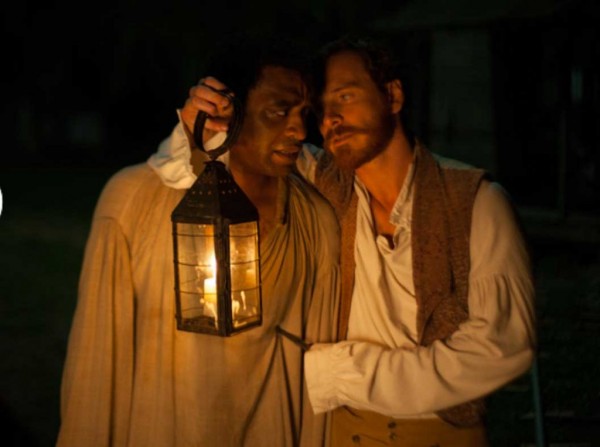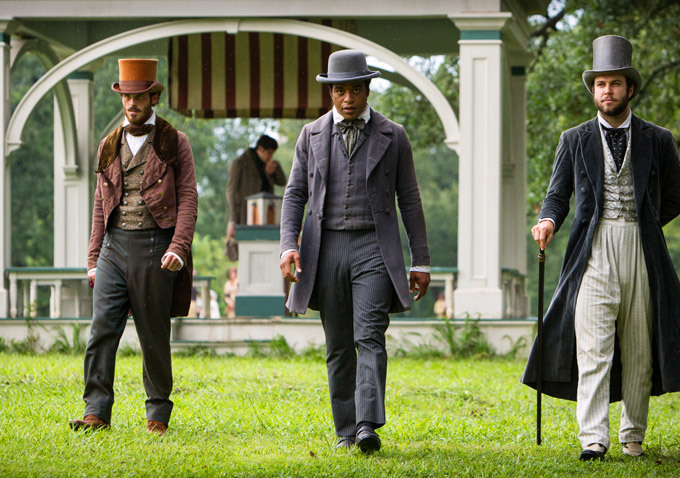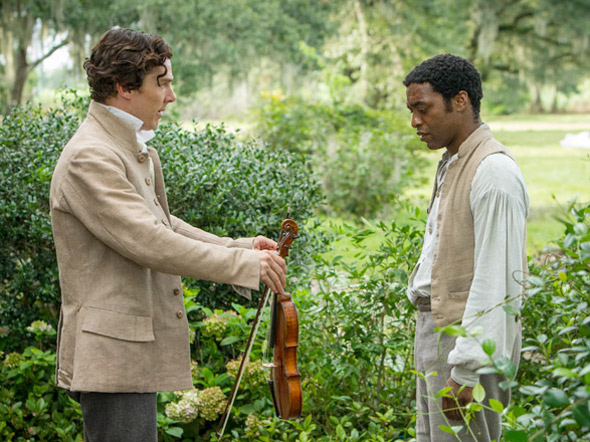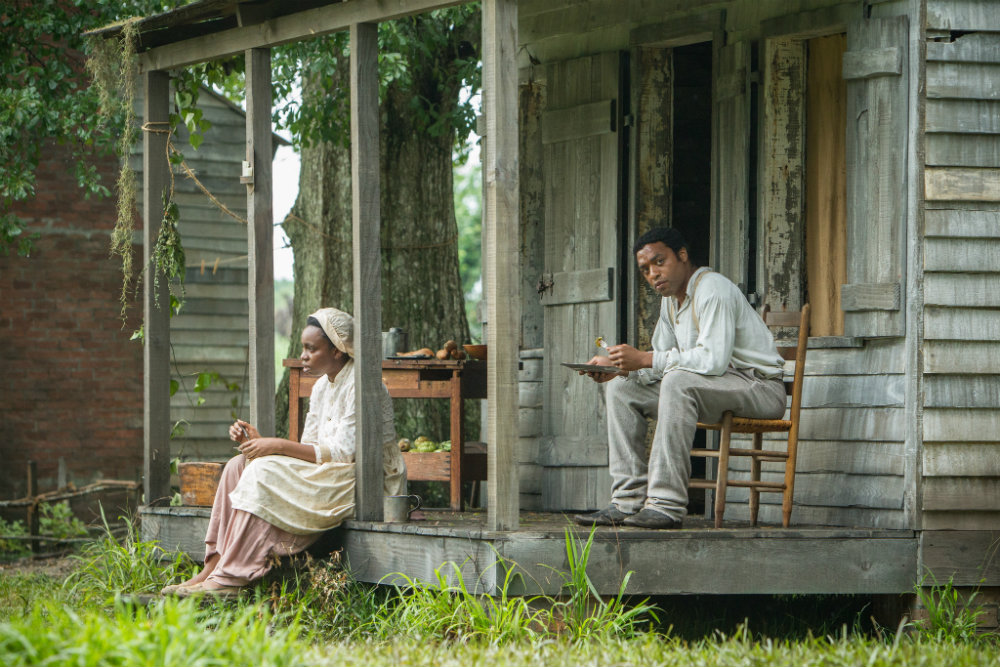LFF review: 12 Years A Slave
 The third feature from artist-turned-director Steve McQueen needs little introduction.
The third feature from artist-turned-director Steve McQueen needs little introduction.
It's a visceral, unpredictable tale of life as a slave in 1840s America, based on the true story of Solomon Northup (played by Chiwetel Ejiofor, who, as ever, disappears effortlessly into the demanding role), who was born a free man in New York.
12 Years A Slave is beautifully filmed, as we've come to expect of McQueen, but also forces us to take a slave's-eye view of the trafficking ("the international nature of this world event", as McQueen said during the festival press conference), mental cruelty and horrifying physical abuse that they have no choice but to suffer through.
It's a tough watch, but the film succeeds in faithfully depicting the true nature of slavery, and so opens our eyes to an experience that has been forced into the shadows of recorded history.

Solomon Northup's father had been a slave, but was given his freedom by the family he served, and so his sons were born free, and educated well. Slavery is by now illegal in New York state, but still continues in other states, such as Washington DC. That fact is shocking - how could neighbouring parts of the same country have such ideological differences? It also means that, even when free, a black person living in this period isn't free to move around, and could be sucked back into that terrible world if they're in the wrong place. Unforunately, that is what happens to Solomon.

When he wakes up in chains, we're pitched right into horror movie territory. The film wastes no time in showing us how helpless he is now. The loss of his old, fine clothes - the same as those worn by white Americans - and their replacement with plain, nondescript, neutral-coloured shirts and trousers tells us that he is no longer to be seen as an individual. This point is underlined a little later when he has another name, 'Platt', forced upon him.

Solomon and the other slaves are seen as property, bought to labour and nothing else. Their purchases are seen as debts. If a slave doesn't work out (if, for instance, there is a personality present), s/he can't be returned, but can be sold off to another master. So, Solomon finds himself on the cotton-picking farm owned by the notorious "nigger-breaker" Edwin Epps (a hypnotic performance from Michael Fassbender).
Here, the atmosphere of the whole place hinges upon the mood of Epps; we feel the all-pervading tension and fear. Epps' wife proves just as cruel, especially in her treatment of the young slave Patsey (a brave and moving performance from newcomer Lupita Nyong'o), who is regularly raped by Epps.
[spoiler alert]
True to the title, Solomon is eventually freed. As he is led away from the Epps compound, Solomon's rescuers and Epps argue about the papers that they each have for him: free papers and proof of purchase. Solomon's receipt has been rendered invalid by the free papers. This particular man can't be owned; but, as we look through Solomon's eyes, gazing back sadly at Patsey and the others, we realise that certain other people can be owned. You've just got to make sure that they've got no one on their side.
The 57th BFI London Film Festival runs 9th-20th October